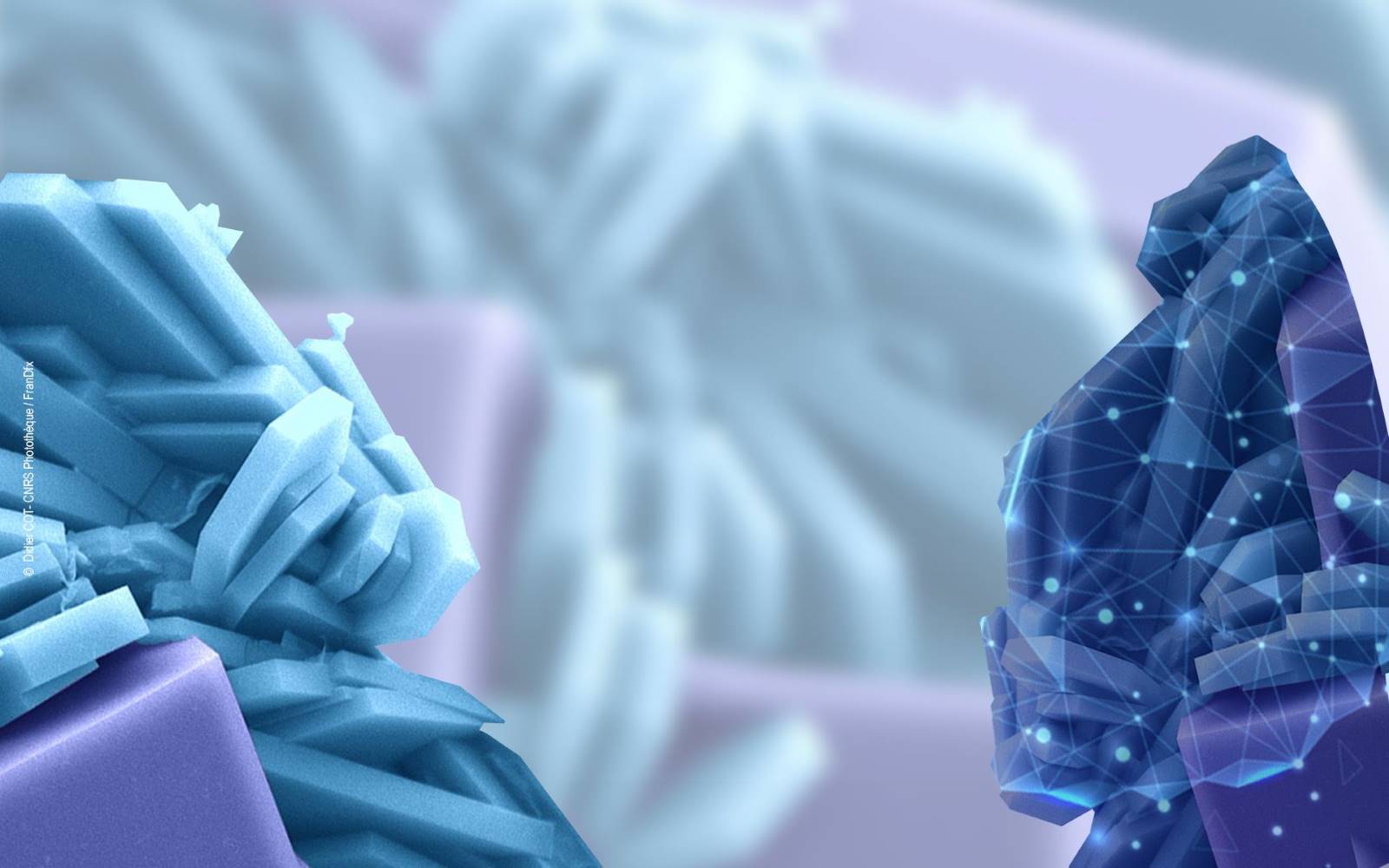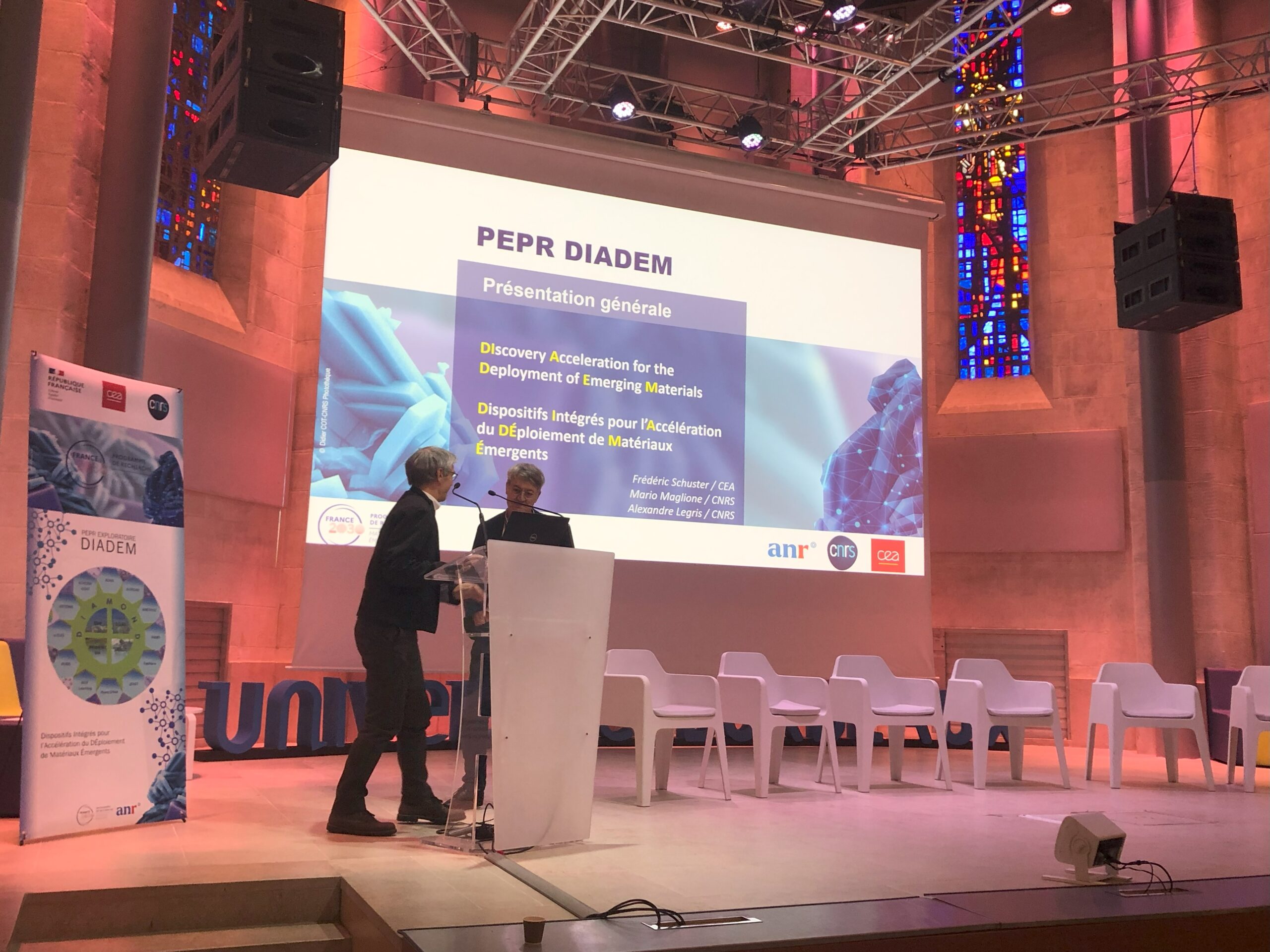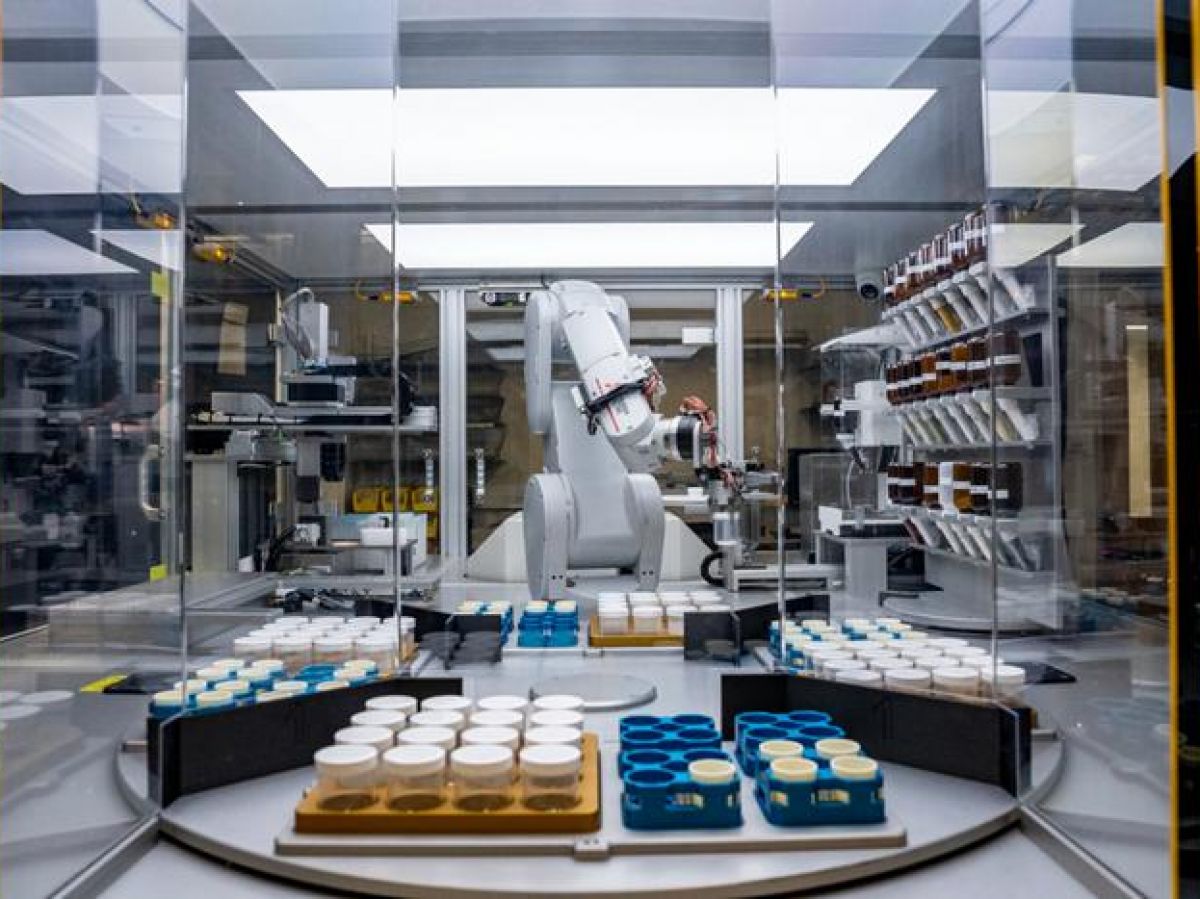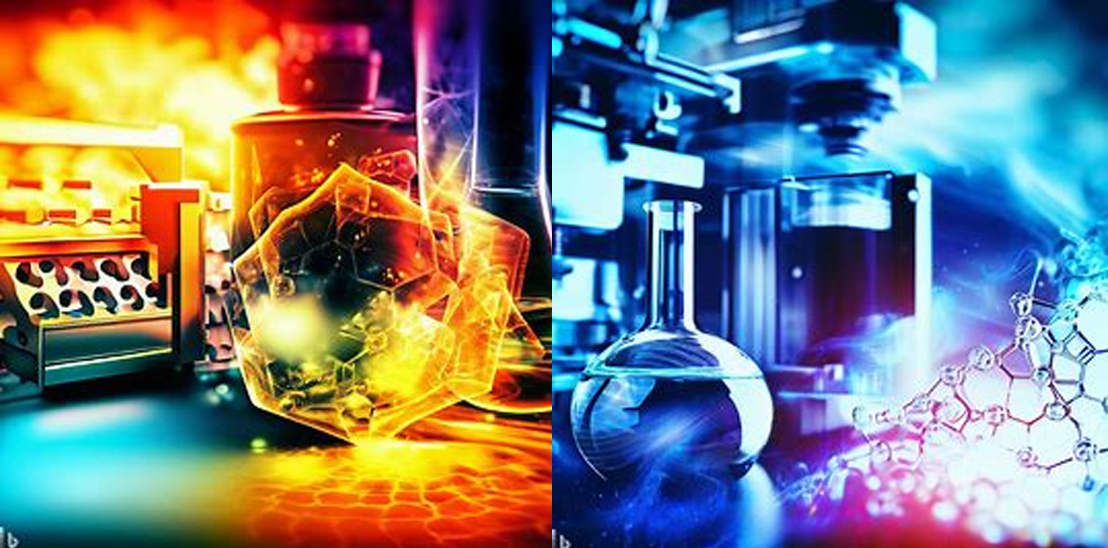
OECD Nuclear Energy Agency International Workshop on Structural Materials for Innovative Nuclear Systems
Publié le

March 31st – April 3rd 2025

International Workshop on Structural Materials for Innovative Nuclear Systems
March 31 – April 3, 2025, Madrid, Spain
Organized by CIEMAT
With support from

Second Announcement
The Nuclear Energy Agency (NEA) of the OECD and CIEMAT are co-organizing the Seventh International Workshop on Structural Materials for Innovative Nuclear Systems (SMINS-7). The workshop will take place in Madrid, Spain, from March 31 to April 3, 2025, organized by CIEMAT, with support from the industry, Newcleo, Naarea, the French Alternative Energies and Atomic Energy Commission (CEA), as well as the Joint Programme on Nuclear Materials of the European Energy Research Alliance (EERA-JPNM), and the European partnership CONNECT-NM co-funded on nuclear materials.
Context
Research on materials is critically important for advanced nuclear systems, such as Generation IV reactors, small modular reactors, advanced modular reactors, and microreactors, as well as transmutation systems and fusion devices. For these systems, structural materials must be selected or developed to address the specific challenges of their anticipated operational environments. This requires both cross-cutting research programs and advanced experimental/simulation facilities to characterize and evaluate material performance.
The purpose of this workshop is to facilitate an exchange of information on current materials research programs for various innovative nuclear systems, with a view to identifying and developing potential synergies.
Scope
The workshop will cover research (modeling and experiments) related to the discovery, design, development, fabrication and joining, qualification, and operational behavior of innovative structural materials, including coating materials, for advanced nuclear systems such as thermal, fast, and subcritical reactors, as well as fusion systems.
Fundamental studies, materials design, processing and joining of materials, evolution of material properties:
- Identification of mechanisms determining the response of materials under conditions expected for innovative nuclear systems. These mechanisms can be described at the atomic scale or at a higher scale, following multi-scale approaches or focusing on a single scale. Scale transition problems are of particular interest, as well as advanced simulation techniques and data-driven modeling/learning.
- Ion and neutron irradiation, as well as corrosion and high-temperature exposure experiments, followed by the characterization of the microstructure of materials, degradation modes, time-dependent properties, mechanical properties, thermal properties, radiation tolerance, and environmental resistance.
- Innovative and advanced methods (including numerical approaches) for the production and optimization of materials and components, such as high-performance coating, additive manufacturing, laser sintering, and innovative joining techniques for similar and dissimilar materials.
Metallic alloys, ceramics, and ceramic composites, advanced materials for nuclear applications:
- Applications inside and outside the core and relevant characterization of materials, both microstructural and mechanical; data availability and gaps; experimental and modeling needs for specific components; advanced manufacturing techniques; qualification pathways related to their use in advanced systems; links between R&D, standardization, and experimental protocols; discussions on the development and implementation of design codes.
Advanced/novel materials may include: steels and other metallic alloys with superior properties for use in innovative nuclear systems; complex concentrated alloys; functionally graded materials; nano-grain materials; manipulated grain boundary materials; nano and micro-laminated precipitation-strengthened materials; prospective materials.
Please note that interactions between fuel and cladding, as well as zirconium alloys for fuel cladding, will not be addressed in this edition of the workshop. Other innovative materials for accident-tolerant fuel cladding in LWR systems are within the scope of the meeting.
Program
Plenary lectures and technical sessions will be organized based on the topics outlined above.
A discussion session of the workshop on “Materials Challenges for Advanced and Modular Reactors: From the Need for Innovation to Licensing” will also be held.
A poster session covering all technical topics will take place.
Important Dates (Registration and Abstract Submission)
Participants wishing to present are required to submit an abstract by October 31, 2024.
A template can be found in the Author Instructions.
When you upload your abstract, we also ask you to consent to granting the OECD/NEA rights to publish the abstract in a synthesis report on SMINS-7.
Participants planning to attend the meeting are invited to complete the registration form by January 31, 2025 (NB: you will need to log into your NEA account or pre-register if you do not yet have an NEA account).
- October 31, 2024: Abstract submission deadline
- December 15, 2024: Notification to authors
- January 31, 2025: Registration deadline
Fees
No registration fee will be charged. If you decide not to attend after registering, please send a cancellation note to the NEA Secretariat (email: ian.hill@oecd-nea.org).
Working Language
The working language will be English.
Abstract Book and Proceedings
All abstracts will be included in an abstract book and published by the NEA after the meeting. Authors will be invited to authorize the publication of their accepted abstract at the time of submission.
With the explicit agreement of the speakers, presentations will be shared via the NEA website and will serve as the proceedings of the meeting.
Venue, Hotel, Transport
The workshop will be held at the CSIC headquarters in Madrid, Spain.
Information on accommodation and local transportation will be communicated in due course.
Workshop Organizers and Committees
Scientific and Organizing Committee
Fanny Balbaud (CEA, Chair of the Expert Group on Structural Materials)
Céline Cabet (CEA, Vice-Chair of the Expert Group on Structural Materials)
Lorenzo Malerba (CIEMAT, Vice-Chair of the Expert Group on Structural Materials) and members of the EGSM
Local Organizing Committee
Mareike Kiwitt (CIEMAT)
Maria Luisa Fernández Vanoni (EERA)
Lorenzo Malerba (CIEMAT)
Marta Serrano (CIEMAT)
Any correspondence regarding the meeting should be addressed to the workshop secretariat:
Ian HILL
Nuclear Energy Agency of the OECD
46 Quai A. Le Gallo
92100 Boulogne Billancourt
France
Email: ian.hill@oecd-nea.org
France
Email : ian.hill@oecd-nea.org
Plus d'actualités


